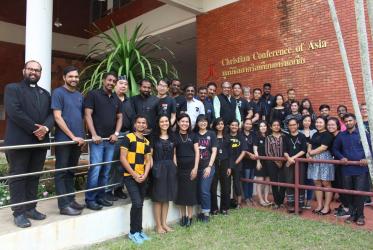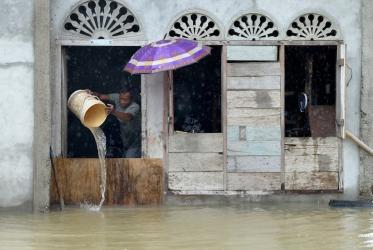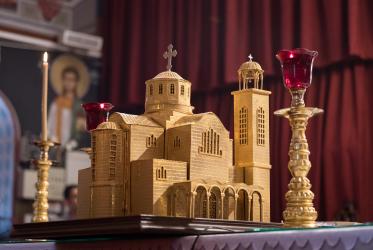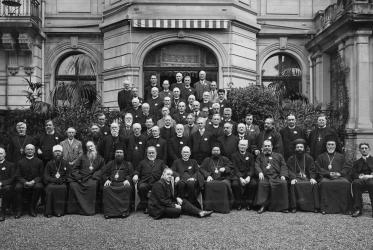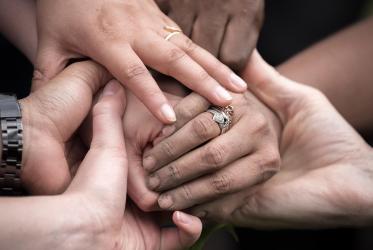An Ecumenical Theology of Justice for and within Creation
Faith and Order Paper No. 226
The alarming climate change demands that the churches’ journey toward visible unity must include a sustained dialogue with a theology for justice for and within creation and seek ways to put the fruits of that dialogue into practice.
This theological document seeks to demonstrate how a committed response to the environmental devastation of our time can be motivated by Christian faith in God the creator, redeemer, and sanctifier.
We have sought, first, to point to some of the urgent environmental situations which cry out for Christian reflection and action. Next, we have sought to root such a response in the progressively increasing ecumenical consideration of creation on the part of the WCC in recent decades and in various theological, ecclesiological, and ecumenical convictions which our churches share and which call them to join together in engagement to protect the environment. Finally, we have proposed ways in which such engagement can take form.
18 January 2021

